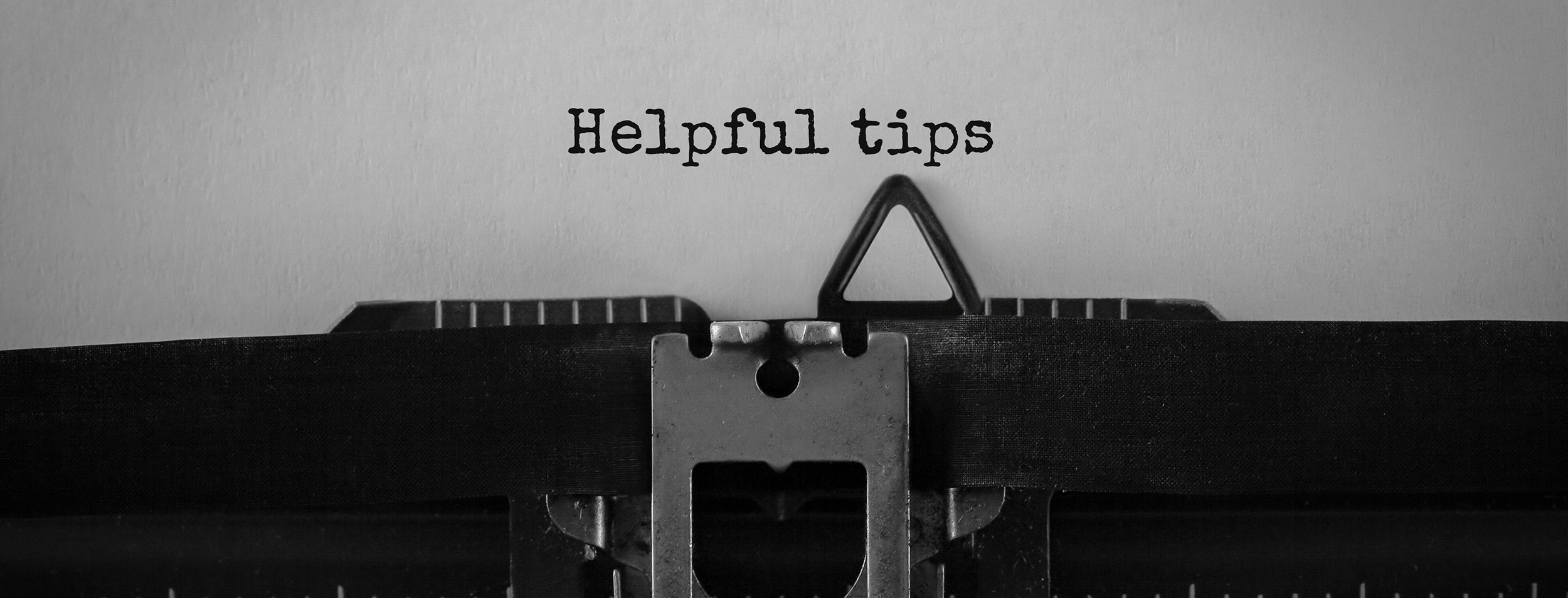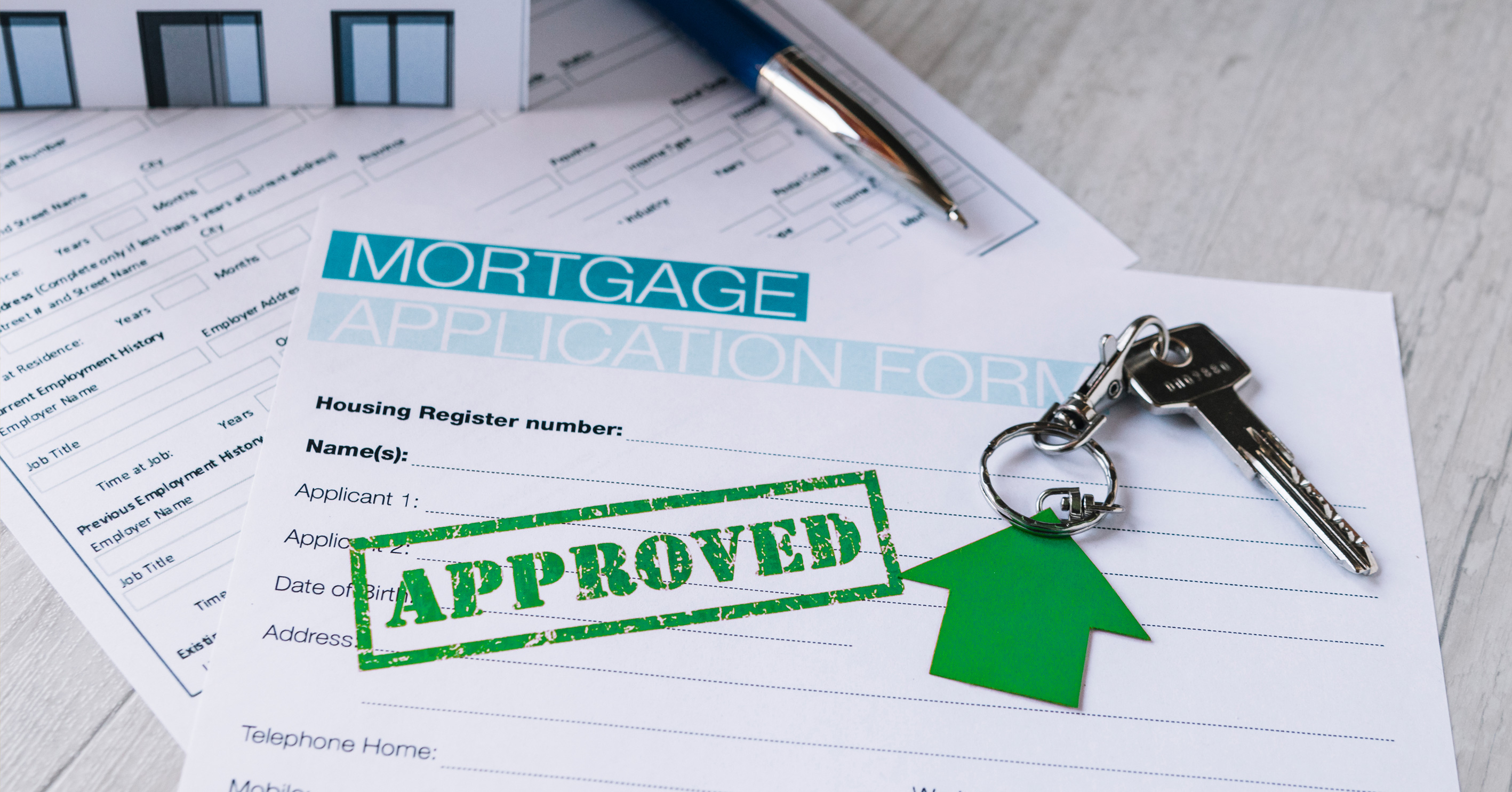When you're buying a house there are some things that just slip by you as you concentrate on all the things you have to do. So here are 8 top tips to think about to help you through the process and improve your chances of getting you the house of your dreams.
Before you start looking
1.Improve your credit score
When you apply for a mortgage, lenders will check on your credit history to help them decide whether to give you the mortgage or not. So, before you apply:
•Always make debt repayments on time.
•Close credit card accounts you no longer use.
•If you’ve never borrowed before, it’s a good idea to take out a credit card and pay off the balance in full each month.
•Make sure you’re on the electoral register. You can sign up online at www.gov.uk/register-to-vote.
2.Help to buy schemes
The government has created the Help to Buy schemes including Help to Buy: Shared Ownership and Help to Buy: Equity Loan to help you take steps to buy your own home.
Shared ownership gives you the chance to buy as little as 25% to 75% of a house, paying rent on the part you don’t own. An equity loan involves you putting in a 5% deposit, and the government loaning you 20% free of interest for the first five years.
While you’re viewing
3.Walk the neighbourhood
Location can be just as important as the house itself, so make sure you visit the area on foot at different times of the day and check out the parks and pubs, see whether the cars are clean and maintained and whether the walls are scrawled with graffiti.
If you’re a newcomer to the area, think about staying in an Airbnb when it’s safe to do so and police crime-mapping websites show local hotspots and break down recorded crimes such as burglary and anti-social behaviour.
We hope this list has been useful. There is lots more guidance and advice we can give you. Just ask!
4.What to look out for when you’re viewing a property
It’s easy to get excited by the house of your dreams, but there’s a few practical things you need to think about.
•Is there any damp?
•When was the roof last repaired?
•Which way is the house facing?
•Is there enough storage space?
•Are there enough electrical sockets and what condition are they in?
•What’s the plumbing like?
•Is the house sound proof?
•Do the drains look like they adequately do their job?
•Turn on your phone and check it’s not a mobile dead zone.
•Observe the outside walls for cracks, mould and rotten woodwork.
Money, money, money
5.Look for at least 83 years on the lease.
If you own a leasehold flat, you effectively rent it for a period of time. When flats have 80 years or less left, extensions become very costly and homes much more difficult to sell. Under 60 years, it’s a nightmare. If you’re a flat-hunter, alarm bells should scream if a lease is nearing, or below, 80 years.
6.Don’t forget all the other costs that come with buying a house
When you’re budgeting, factor in these costs:
•Product fees - the upfront price tag attached to a particular mortgage deal.
•Admin fees - a lender will charge you for dealing with administration costs arising from processing the mortgage valuation. This is paid when you apply, together with your Valuation Fee.
•Completion fees - is an administration charge made by lenders for arranging credit.
•Booking fees - is charged upfront and pays for ‘booking’ the loan while your application goes through. It can also be known as an ‘application’ or ‘reservation’ fee.
•Valuation fees - A fee charged by your mortgage lender for commissioning a mortgage valuation
•Local Authority searches - they are a vital part of the conveyancing process and are undertaken as part of the property searches that come with buying a house
•Surveys - they can help you avoid expensive surprises (like an unexpected rewiring job), as well as giving you peace of mind by telling you that those hairline cracks don’t mean the house is falling down.
•Solicitors’ fees - You’ll normally need a solicitor or licensed conveyor to carry out all the legal work when buying your home. Legal fees are typically £850-£1,500 including VAT at 20%. They will also do local searches, which will cost you £250-£300, to check whether there are any local plans or problems.
•Home insurance - you’ll want to have cover to protect your new home when you exchange contracts – and to give you peace of mind if things don’t go according to plan.
•Moving costs - If you don’t have heavy furniture, then hiring a self-drive van could be good value. Just make sure you have friends or family willing to lend a hand for the full day. For light removals, a man-with-a-van service is likely to be cheaper than a removals company, while professional movers will make light work of transporting large amounts of furniture and valuables. In either case, check the mover is insured so that your possessions are covered if they’re damaged in transit.
•Stamp duty - is a bit of an unknown at the moment. The stamp duty holiday lasts until 31 March 2021 which means, in most cases, you won’t have to pay any Stamp Duty at all on properties up to £500,000.
When you’ve found the one
7.Check which school your child will get into.
As many parents have found to their frustration, just moving to a town with a great state school doesn’t mean your child will get a spot. To help, use Rightmove’s tool to discover which schools are nearby and how they rank. https://www.rightmove.co.uk/schools.html
8.Check and challenge your council tax band
Make sure you know what council tax you’ll have to pay on the property you’re interested in. There is also an option to challenge your band if you think it’s wrong because up to 400,000 homes in England and Scotland may have been in the wrong band since the early 1990s.






Share this with
Email
Facebook
Messenger
Twitter
Pinterest
LinkedIn
Copy this link